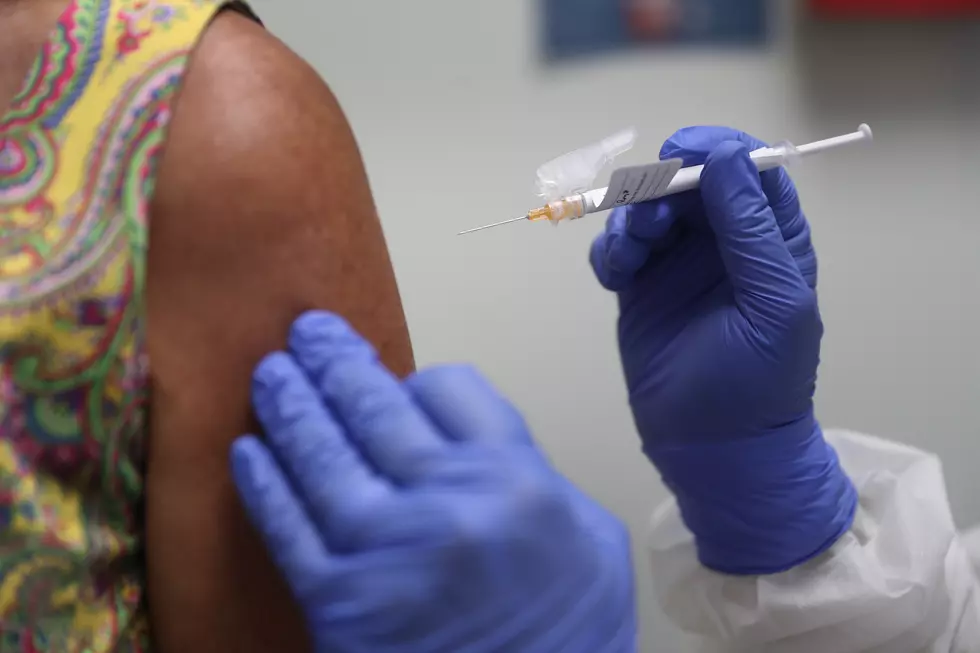
TABC Changes Rules Allowing Bars To Open In Texas
The Texas Alcoholic Beverage Commission approved rules August 25 intending to make it easier for bars to legally operate as restaurants during the Covid-19 pandemic.
The Texas agency greatly expanded regulations that had already offered a limited lifeline for some bars to temporarily classify themselves and generate sales during the coronavirus crisis. The goal is to provide more ways for businesses to qualify as restaurants under Gov. Greg Abbott's executive order GA-28, which prohibits bars from reopening but allows restaurants to remain open at 50% capacity.
The TABC has amended Rule33.5 which maintains food and beverage certificates effective immediately.
In order to reopen under Abbott’s order, businesses need to show that sales other than alcohol make up the majority of their revenue. Initially, TABC required businesses to comply with the 51% rule using 2019 revenue. The agency updated those rules in late July, allowing bars to use more recent sales figures, or even projections of future revenue. The changes approved Aug. 25 by TABC go even further, eliminating rules requiring businesses operating as restaurants to have a commercial grade kitchen, while also allowing food to be brought in from off-site and sold.
The new rule allows bars can easily partner with food trucks while counting those sales towards the 51% rule.
The TABC stated, "Commercially pre-packaged items purchased off of the location" now constitute food service, according to the amendments. That adjustment allows bars an additional revenue stream that can help reduce their percentage of alcohol sales and comply with the 51% rule. The amendments also eliminates oversight related to the prominence of food items on menus compared to alcoholic beverages.
As of Aug. 21, about 700 bars statewide had applied to legally operate as a restaurant under Abbott's June 26 executive order, according to TABC spokesperson Chris Porter.
About 550 of those applications had been approved as of Aug. 21, Porter said, and more are being processed every day.
“Very few have been denied," Porter said. "The most common grounds for denial is that the business would not be able to fully operate as a restaurant.”
TABC's new rules offer additional avenues for qualifying for a food and beverage certificate.
More From NewsTalk 940 AM









